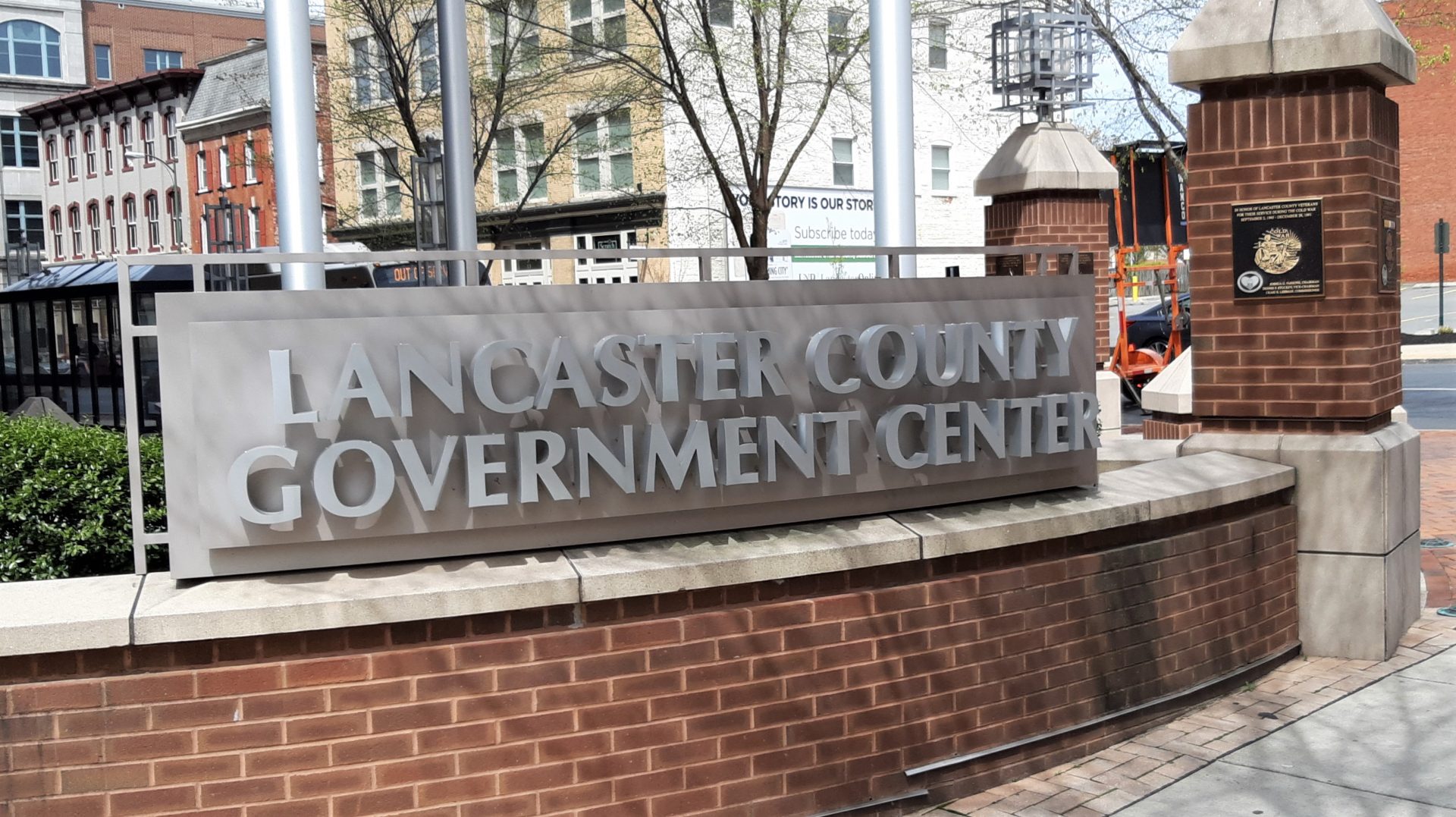The Lancaster County commissioners on Tuesday reviewed the first of six categories of applications for Round 2 of the county’s community American Rescue Plan Act funding.
Of the 75 applications received in total, 11 sought assistance for technology projects, requesting a total of $2.4 million. The county ARPA committee reviewed them and determined that just two met federal and local eligibility requirements, Deputy Chief Clerk Amy Campbell said.
Those were the Lancaster Cleft Palate Clinic, which is seeking $40,000 toward the purchase of an I-CAT X-ray machine, a device that provides advanced imaging capabilities; and HazMat 2, the county’s hazardous materials response team, which is seeking $490,000 toward purchase of a bariatric transport unit, a system designed to move patients who are exceptionally obese.
Of the other nine, the committee determined that three were ineligible under federal ARPA guidelines, four were ineligible under the county’s guidelines and two were ineligible under both.
The commissioners made no grant awards: They have decided to review all applications received before making any decisions.
Federal vs. county criteria
The federal guidelines include various limitations on ARPA use and a stipulation that non-governmental entities can’t receive ARPA for software or IT. The county has no ability to override those rules, the commissioners said.
The applications that didn’t meet the county’s guidelines either didn’t address any one of six defined priorities; or failed to meet other criteria, such as providing matching funds or not entailing ongoing support.
The HazMat 2 request is something of a special case, because the organization is asking ARPA to cover its full cost, with no matching funds. Normally, that would be a deal-breaker, but the service’s core role in the county’s emergency response system makes it essentially a county entity, Commissioner Josh Parsons said, in which case no match is required.
Commissioner John Trescot noted that the county’s guidelines are self-imposed, and that they could be modified or waived if the commissioners concluded that an application warranted it.
His colleagues didn’t rule that idea out completely, but said it would have to be a truly exceptional situation.
Commissioner-elect Alice Yoder, who was in the audience at Tuesday’s work session, warned that changing the rules could be seen as unfair to organizations that understood the guidelines as definitive and didn’t apply, but might have if they had known accommodations could be made.
Trescot didn’t disagree: “In general, no, we’re not going to change anything,” he said.
What’s next
In total, the county’s second round of community ARPA applications total $35.4 million. The commissioners have tentatively said about $6 million will be available for distribution. A final decision on the amount has yet to be made, and will depend on what’s left after the county government’s internal priorities for ARPA have been provided for, Commissioner Ray D’Agostino said.
The other five categories of community ARPA applications will be evaluated at upcoming work sessions as follows, Campbell said:
- Tuesday, Dec. 5: Workforce Development, Disease Mitigation
- Tuesday, Dec. 12: Infrastructure
- Tuesday, Dec. 19:
- 10 a.m.: Conservation
- 1:30 p.m.: Affordable Housing
The Dec. 5 and Dec. 12 work sessions begin at 10 a.m.; on Dec. 19, the 10 a.m. work session will be recessed upon completion of its agenda to allow for its resumption in the second session at 1:30.







